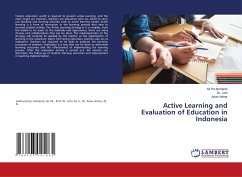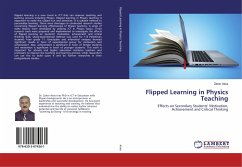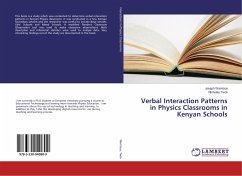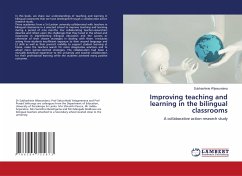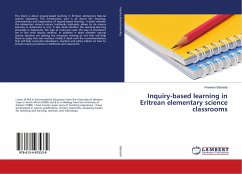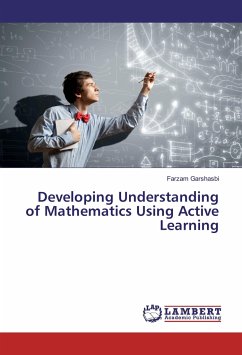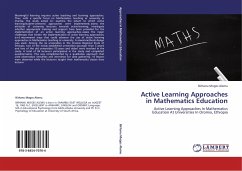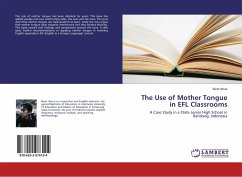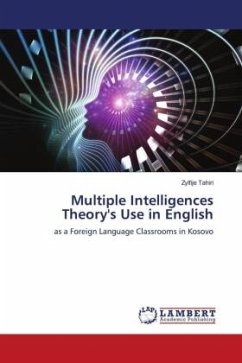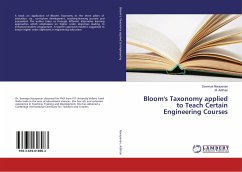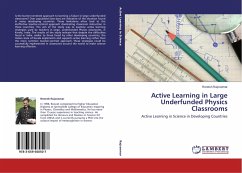
Active Learning in Large Underfunded Physics Classrooms
Active Learning in Science in Developing Countries
Versandkostenfrei!
Versandfertig in 6-10 Tagen
47,99 €
inkl. MwSt.

PAYBACK Punkte
24 °P sammeln!
Is the learner-centered approach to learning a failure in large underfunded classrooms? Over populated class sizes are indicative of the situation found in many developing countries. These limitations often lead to the ineffective teacher-centred approach dominating classroom instruction in these countries. The aim of the study was to examine active learning strategies used by teachers in large, underfunded Physics classrooms, in Kerala, India. The results of the study indicate that despite the difficulties faced in India, similar to those faced by other developing countries, the Indian state ...
Is the learner-centered approach to learning a failure in large underfunded classrooms? Over populated class sizes are indicative of the situation found in many developing countries. These limitations often lead to the ineffective teacher-centred approach dominating classroom instruction in these countries. The aim of the study was to examine active learning strategies used by teachers in large, underfunded Physics classrooms, in Kerala, India. The results of the study indicate that despite the difficulties faced in India, similar to those faced by other developing countries, the Indian state of Kerala implements and supports active learning rather than the more common teacher-centred approach. These strategies could be successfully implemented in classrooms around the world to make science learning effective.



